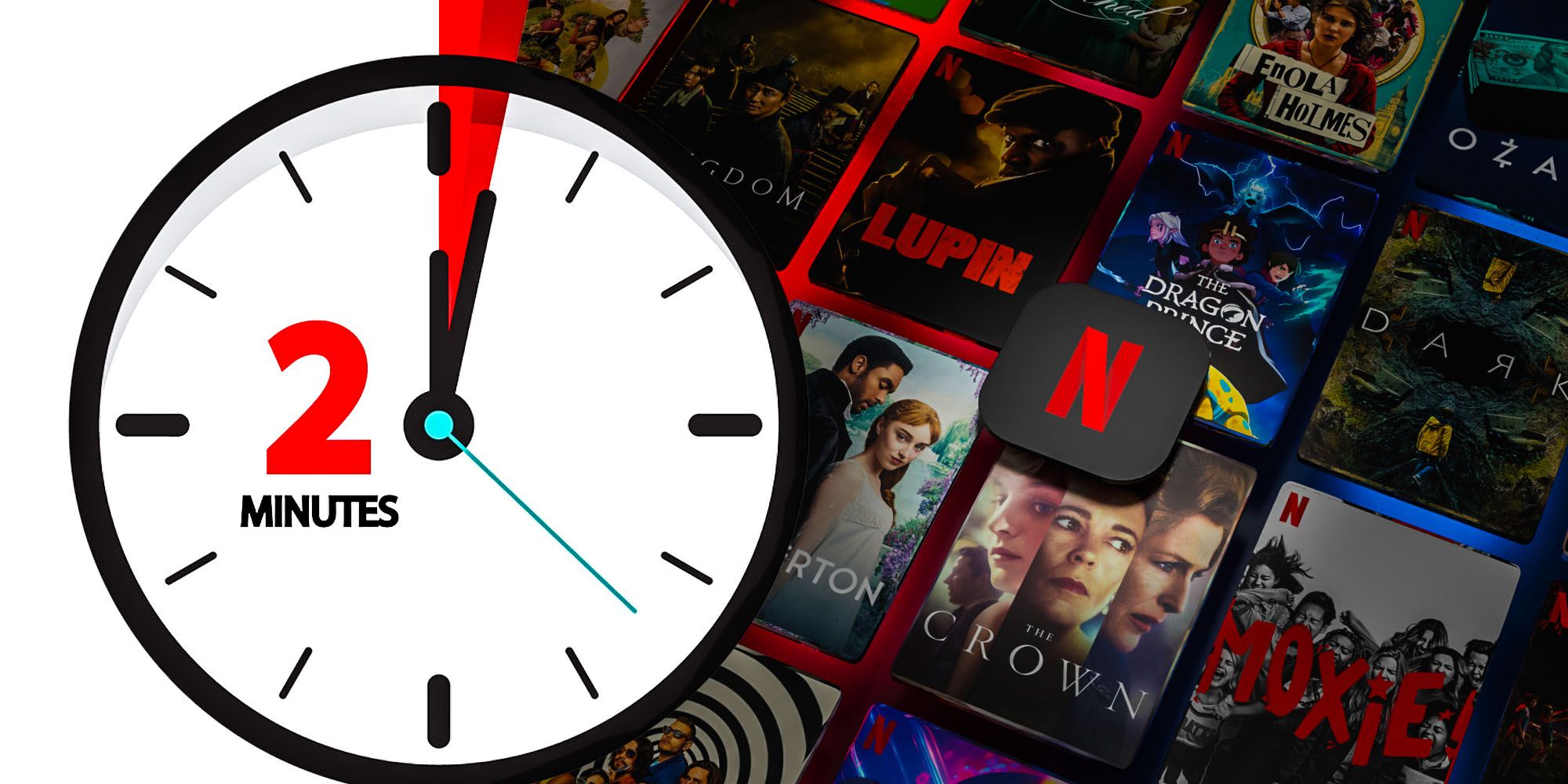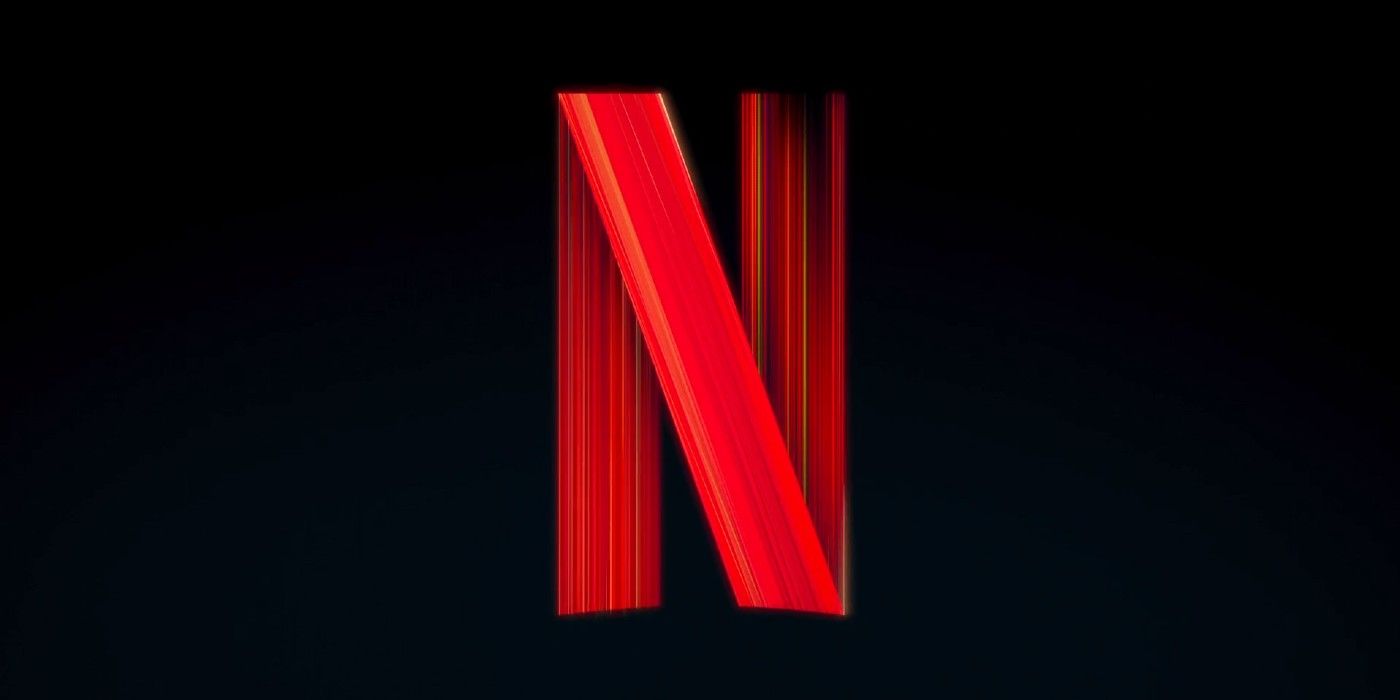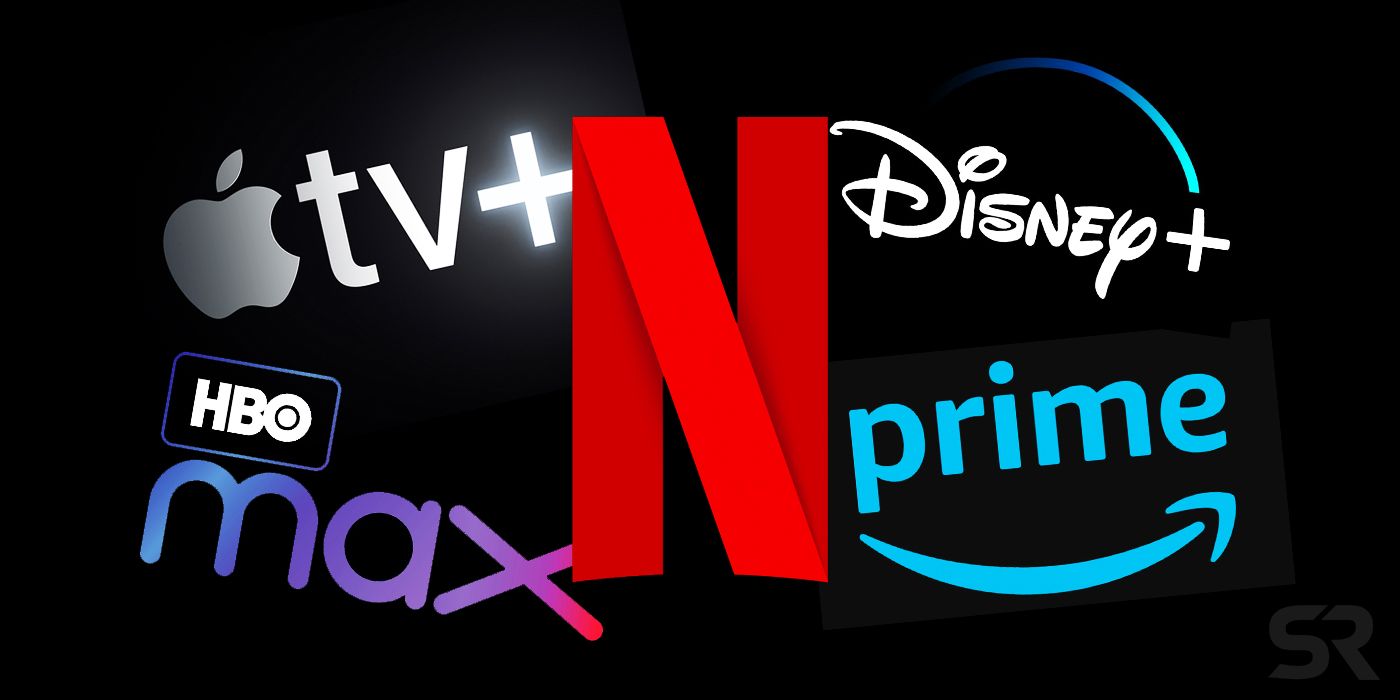Netflix viewership reports always raise eyebrows over the fact that they count a single view as any time someone watches a title for at least two minutes, but there's perfectly reasonable explanations for this. While it may seem like an odd number, and maybe even look like they're setting a low bar, the biggest confusion is over what exactly Netflix is counting and why they find value in that particular duration, and the statistic Netflix is measuring isn't necessarily an indicator of the same metric many people think it is.
After decades of box office reporting, where most movies are compared on a fairly even playing field, despite major disparities, such as the number of theaters, release date, competing movies, budget, marketing campaigns, and more, we're still learning how to make sense of streaming numbers. This is complicated by a number of factors such as lack of transparency from streaming platforms, lack of parity to release numbers on other platforms (assuming the streamers even release comparable data), and especially a lack of parity to box office performance, which is the context most people understand for evaluating a movie's success. As a result, nobody knows how a Netflix release compares to an HBO Max release, a Hulu release, an Amazon Prime release, and especially not to a theatrical release.
So when Netflix reports specify it's counting only two minutes of stream time as a single view, many people assume it's because they're setting a low bar so numbers can be inflated instead of listing people who watched a movie to the end, and while there may be a partial truth to that, it's also a total misunderstanding of the metric because it's rooted in an assumption that Netflix primarily cares if people finish a movie.
Why Netflix Counts Two Minutes as a View
The primary reason Netflix viewership is measured with the two-minute threshold is because it's what they believe constitutes intentionality. Anyone bailing on a movie less than two minutes in likely isn't doing it because of quality but because it's not a movie they intended to watch in the first place. Ironically, in the same way, the box office doesn't care about whether or not anyone watched a single second of a movie, it only measures whether or not a ticket was purchased. Granted, we can easily assume a much higher percentage of people sit through a movie in theaters, but there are so many other factors at play there, such as the fact that they paid for the individual ticket, so there's a loss if they don't finish it whereas on Netflix there's no financial consequence to exiting a movie without finishing it.
The reason Netflix's primary concern is whether or not someone intentionally clicked on a title is because that click is an indicator of interest in a particular type of content. Some combination of the art, title, talent, synopsis, placement on Netflix's site, marketing, and numerous other factors convinced the viewer to check out the movie. That metric has value to Netflix because it says viewers desire what they thought that movie was when they initially clicked it. Sure, it matters how much of a movie people watch, but it's a secondary concern to Netflix and its shareholder - and not one they take lightly, either.
Netflix Still Cares About Overall Performance But Doesn't Need to Report Full Numbers
Netflix recently revealed 6 Underground won't be getting a sequel despite being one of their top performers of all time because it didn't resonate the way they wanted. Whether that's due to viewership completion numbers, rewatch numbers, performance over time, reviews, or some combination of the above, Netflix knows from their two-minute metric that there's high demand for content like 6 Underground, but any similar future content won't be a sequel, and will likely make other creative changes.
The biggest thing about the two-minute metric is it's not intended to be compared to viewership from other platforms or the box office. The perception that movies need to be measured head-to-head in that way is the result of years of measuring the weekly box office horserace but has little value to Netflix. Their audience demographics don't match other platforms, their subscriber numbers are different, and there's no purchase friction, so there's definitely no way to compare it to the box office, so therefore there's also no need to report the number of total complete views when people would only try to compare it to viewership metrics from platforms other than Netflix where there's no parity.
With the drastic change in behavior in the post-pandemic domestic box office, the industry as a whole may be moving beyond a need to judge movies based on viewership horserace metrics. There'll always be a desire to know how one movie performed compared to another one, but since the circumstances of most box office releases lacked context or parity anyway, it's understandable why streamers like Netflix wouldn't provide the full numbers anyway.



